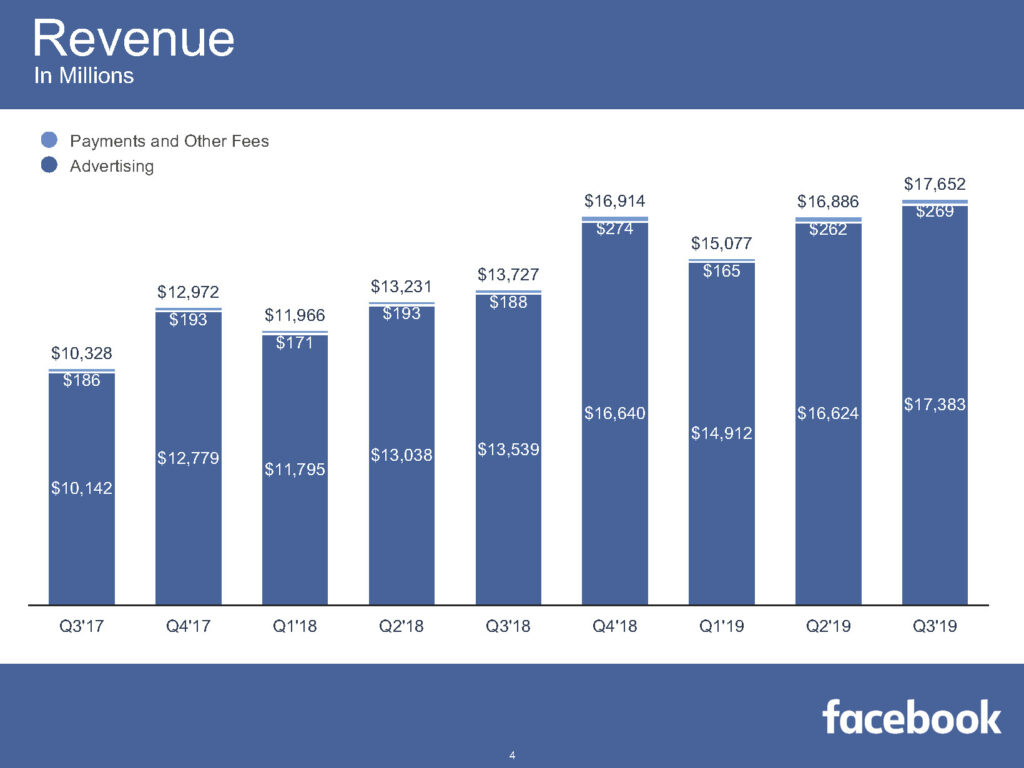
Japan’s legislative proposal to regulate dominant digital platforms raises a few important issues. First, the draft perceives a digital platform as a “(market) place” and defines the business users who provide products or services through the market and the others, or consumers, and provide for obligations applicable to the dominant platform provider to both categories. One would immediately ask where Facebook would fall. As widely known almost all of Facebook’s revenue is advertisement, which is offered in conjunction with cost-free contents (posts, diaries, images of friends). Their business model is akin to network television who does not have to pay for contents, and is, naturally, highly profitable. In other words, Facebook is not a “marketplace” but a gigantic advertiser, and its core service is not well captured by the draft. Rather, ;the focus of the bill is on the traditional Amazon Internet sales. As Amazon shifts focus to AWS, how long would the purported regulation remain relevant?
Second, the bill adopts on a traditional competition law framework to supplement market inefficiency from the network effects. The reality is, however, the dominant networks have even a macroeconomic impact and they will all remain foreign based for the foreseeable future. Then there arises a serious question of what policy goals the traditional competition framework would serve. For Japan, the most pressing policy goal should be to ensure redistribution to the national economy. This bill is not designed to contribute to the redistribution, and it is left to the taxation and the labor legislation. It would be far more important for Japanese to watch and follow the taxation of international business under the OECD.
先日公表されたデジタルプラットフォーム規制法案はいくつかの点で注意が必要である。第一に、プラットフォームの提供を「場」(おおまかに言って市場に相当する)の提供ととらえ、その場で製品やサービスを提供する事業者と、それ以外の利用主体である消費者とにわけ、それぞれに対するプラットフォームの義務を定めている。しかし、例えばFACEBOOKの収入源はほとんどすべて広告であるが、無料のコンテンツ(友達のポスト、ダイアリー、イメージ)に絡めて広告させるという、制作費なしのテレビ局に類するものであるから、極め有利な事業モデルである。ところがFACEBOOKの広告サービスを法案がどのように位置づけているのか明確でない。そうすると法案の主眼はAMAZONのネット販売であることになる。しかしAMAZON自体がAWSへシフトする中で、この規制はいつまで有効に機能し得るのだろうか。
第二に、法案はネットワーク効果を前提とする市場の不完全性の補完という伝統的競争法の構成をとっている。しかし、デジタルプラットフォーム企業は国民経済統計に影響を与えるような規模に達しており、しかもこれらは予見し得る将来において海外企業である。この中で市場機能の補完という伝統的構成はどのように有益なのだろうか。むしろ国民経済にとって再分配の実現こそが政策課題ではないのだろうか。そしてそれはこの法案の対象ではなく、税制と労働法制に委ねられている。日本国民としてはOECDで進んでいる海外企業への課税の再検討こそ注目に値する。